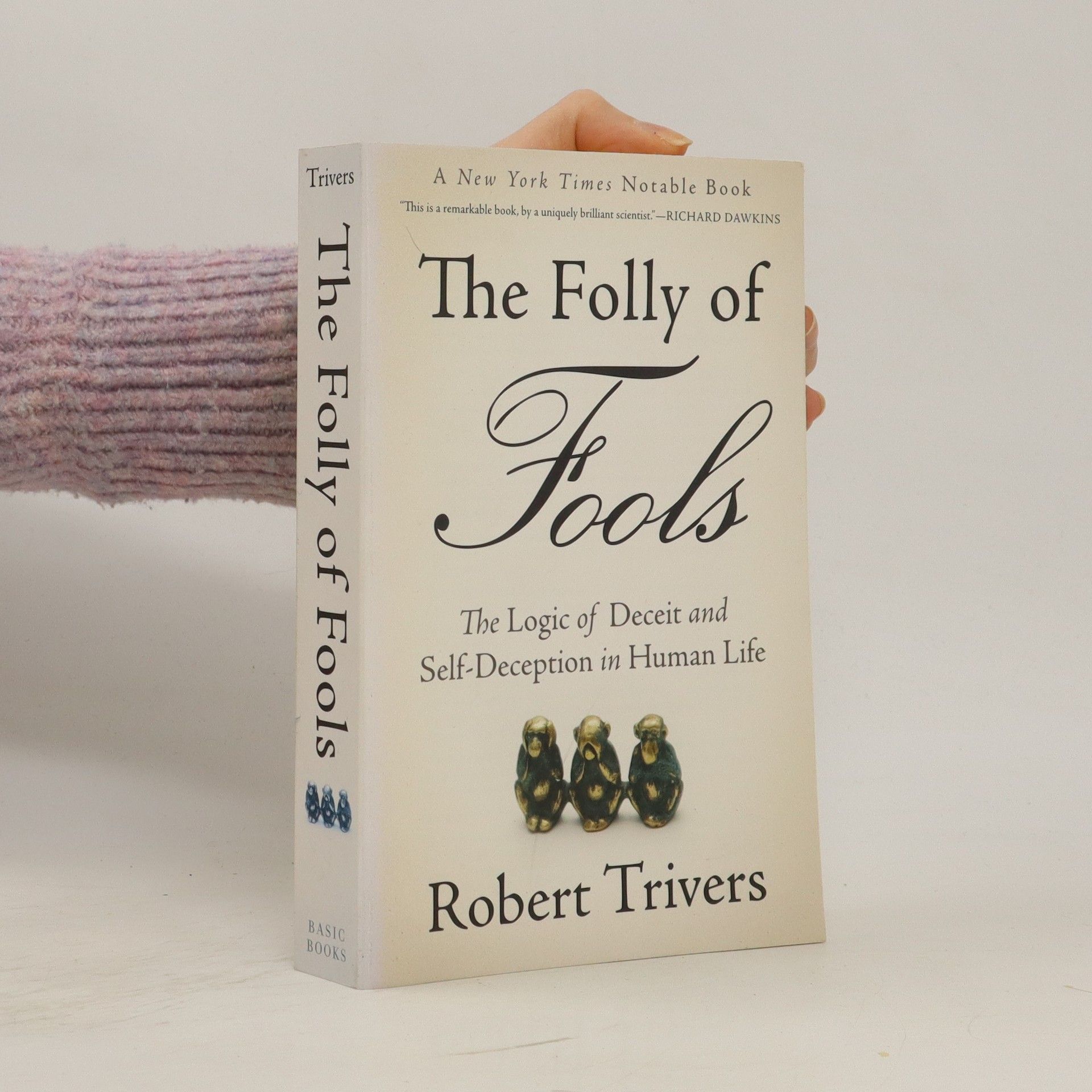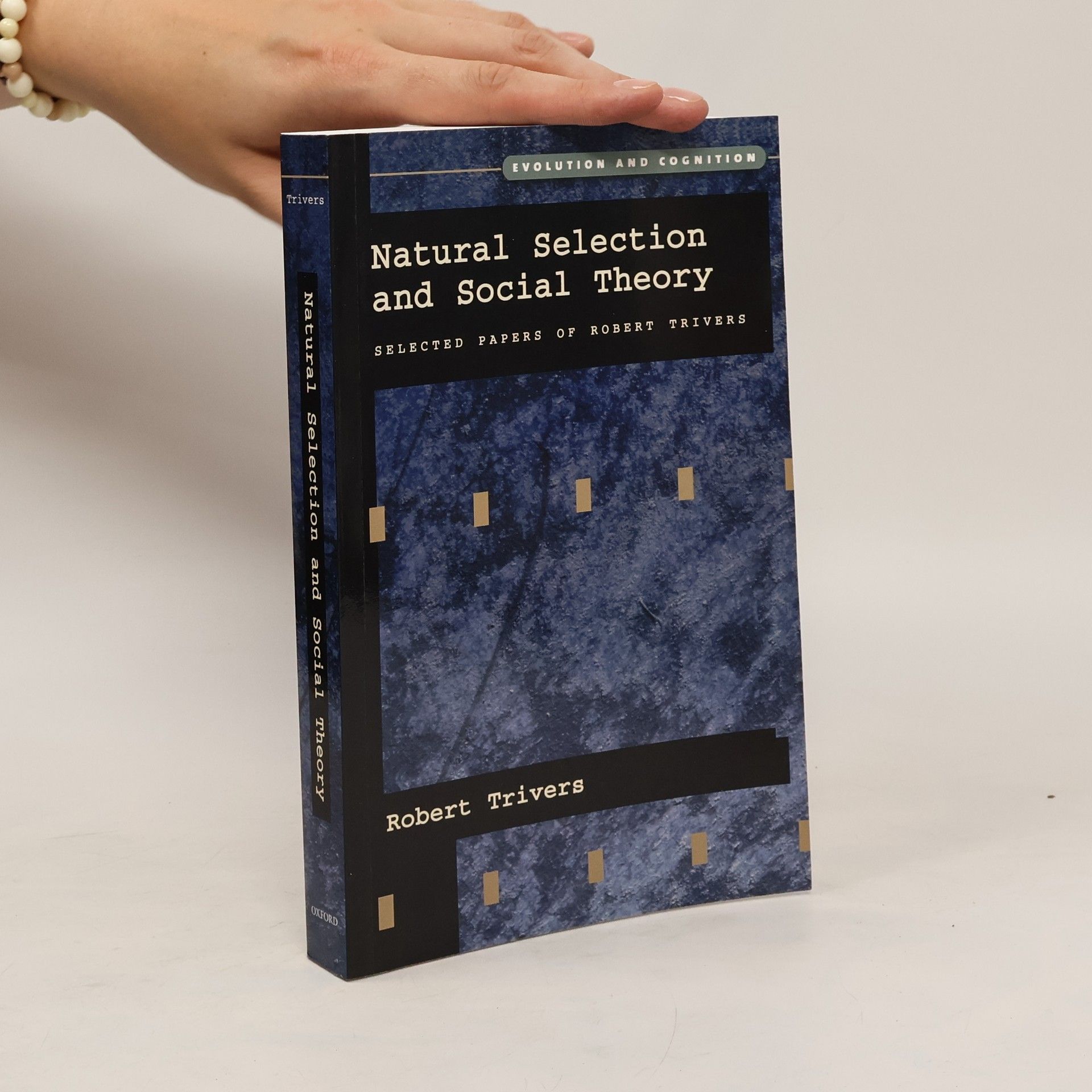Vida Indómita: Aventuras de Un Biólogo Evolutivo
- 290 pages
- 11 hours of reading
Considerado por la revista Time uno de los científicos y pensadores más importante del siglo XX, Robert Trivers es una leyenda viva de la biología y las ciencias sociales. Sin embargo, a diferencia de otros científicos de renombre, Trivers ha estado entre rejas, en alguna ocasión hizo de chófer del líder de los Panteras Negras Huey Newton para ayudarlo a huir y fundó un grupo armado en Jamaica para proteger a los homosexuales frente a la violencia colectiva y los linchamientos. Con su inimitable voz, Trivers nos habla de la vida indómita que hay tras la ciencia revolucionaria y comparte aquí opiniones sobre los temas más dispares, desde el racismo en Norteamérica hasta la historia de la psiquiatría, pasando por quién mató a Peter Tosh, el heredero musical de Bob Marley. Salpicado de anécdotas sobre personalidades del ámbito científico como Richard Dawkins o Stephen Jay Gould, este libro interesará y entretendrá a cualquiera que sienta curiosidad por la ciencia, la condición humana o la naturaleza del genio creativo. “Quién hubiera imaginado que el pensador probablemente más original en teoría evolutiva haya tenido la extraordinaria vida que Robert Trivers cuenta en estas páginas. Trivers nos invita a un viaje delirante […] El resultado son unas memorias extraordinariamente sinceras y únicas de una vida de locos.” Richard Dawkins “Uno de los grandes sabios en la historia del pensamiento occidental.” Steven Pinker




